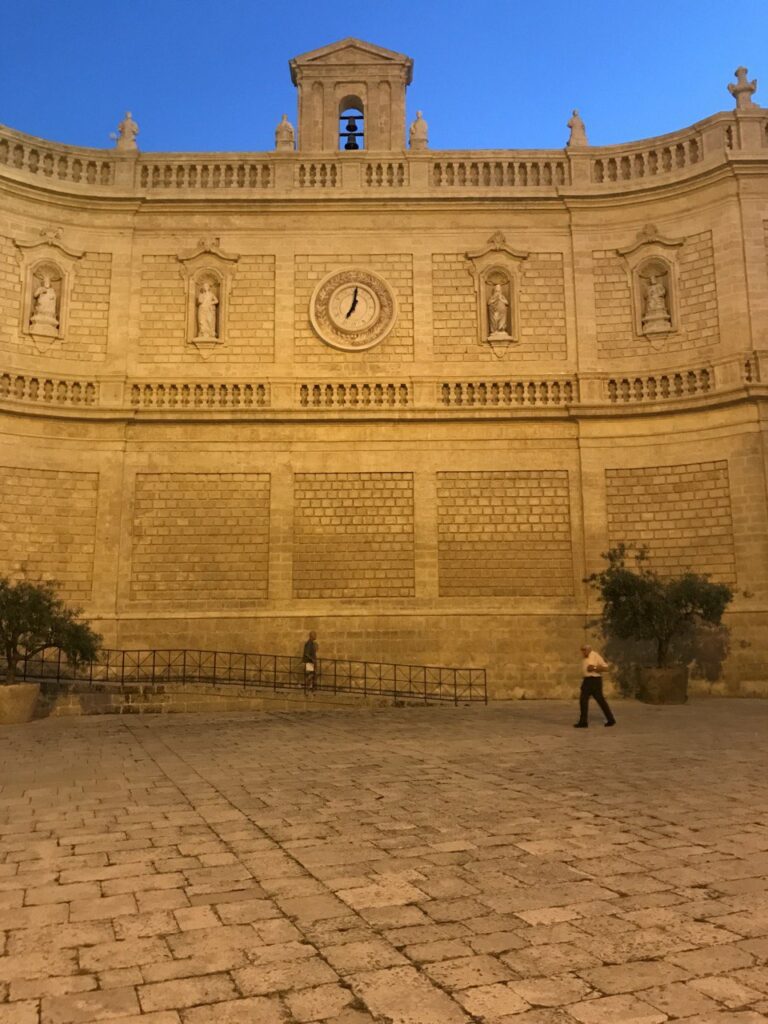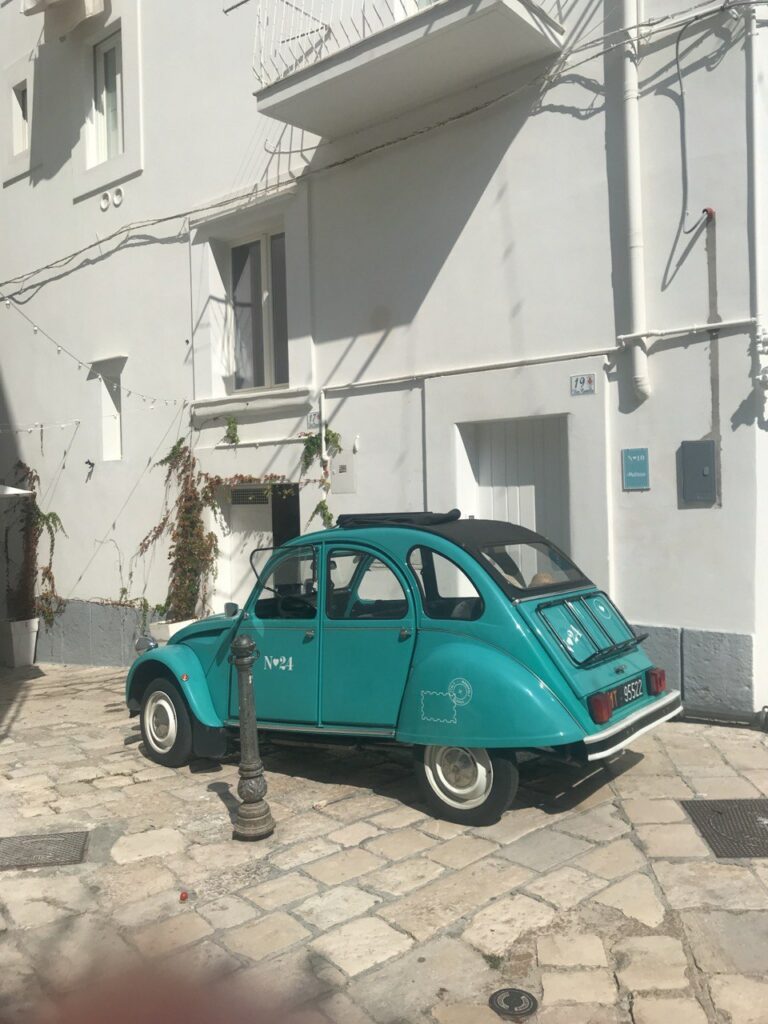IGEL conference 2023
In the movie Three Thousand Years of Longing, Alithea says to the Djinn, “I’m not sure how it works. I am a literary scholar. We don’t know much.” Just like all scientists, I would add, who are constantly in the search for better understanding phenomena. After all, knowledge is built progressively. Fortunately, literature remains enigmatic, even though it consistently influences our lives.
Between the 28th and 30th of September 2023, literary scholars and scientists convened in Monopoli, Italy to share the outcomes of their research and draw inspiration from colleagues who share similar interests. The conference, organised by the IGEL-society (The International Society for the Empirical Study of Literature), centred on spatiotemporal experiences in narrative, poetry, and drama while also exploring broader perspectives. For instance, during his keynote address, Neil Cohn discussed the visual ‘grammar’ of comics, presenting his team’s work over the years. Additionally, Anežka Kuzmičová talked about her approach to the whole-person experience of stories. In today’s landscape, it’s nearly impossible to disregard visual cultural shifts and the psychology of literary perception.
Such a holistic approach was reflected in the sessions as well. In addition to more traditional topics like narrative understanding and reading and well-being, discussions included the connection between music and literature (especially poetry), computational models of literature, ecocentrism and climate narratives, and the virtual reality of literature and literariness in VR, among other subjects.
The research of the Impact and Fiction project was presented in three sections. Olivia Fialho discussed how literature possesses an unique ability to transform readers, not only through captivating narratives but also by altering their perspectives on life and the people around them in the “Reading and Well-being” section. Marijn Koolen explored whether the various types of reading experiences that have been identified in in-depth reader responses (e.g. interviews of readers about their reading experiences), can also be found in online book reviews in the “Social Reading” section. In the “Computational models of literature” section Katja (Ekaterina) Tereshko introduced a tentative model of reader response to style of books.
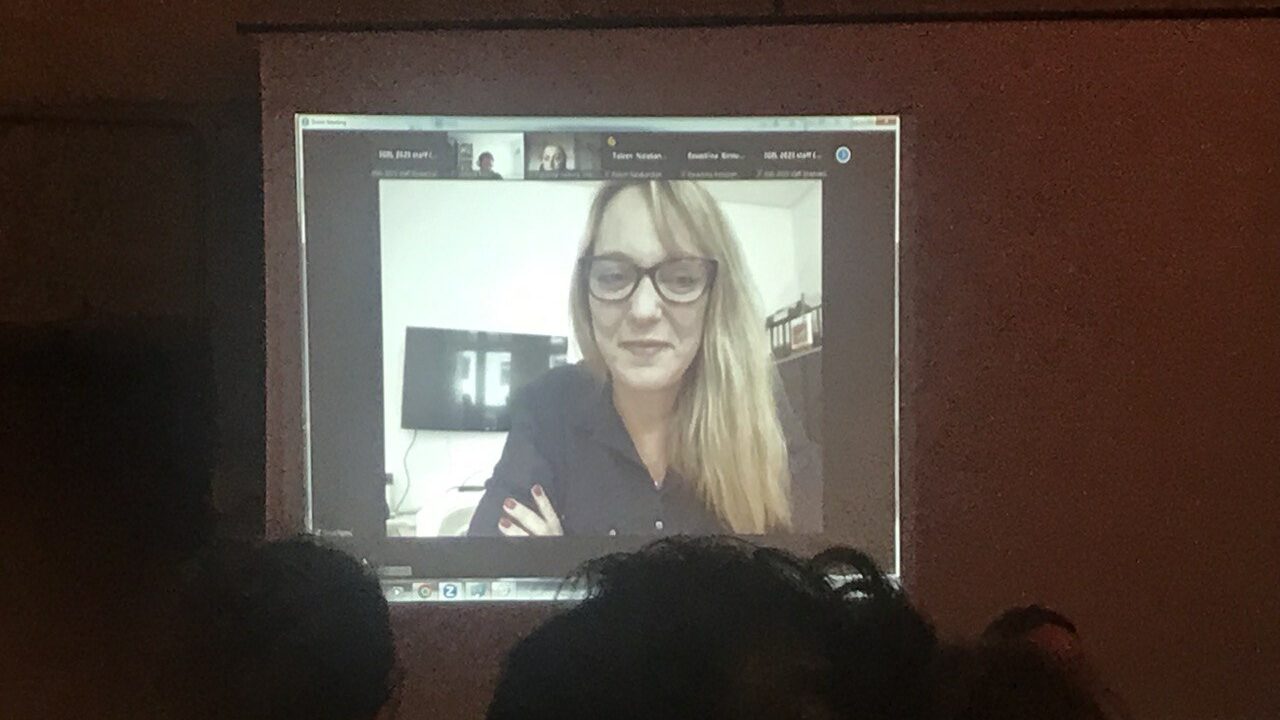
Fialho argued that she identified two types of readers based on their reaction to literature: “situation-centred” and “protagonist-centred.” In the former, readers connect with the story’s mood, deepening their self-perception, while the latter leads to moral self-reflection by sympathising with the protagonist. This research provides valuable insights into how literature influences our self-perception and social perspectives, emphasising the profound impact of reading.
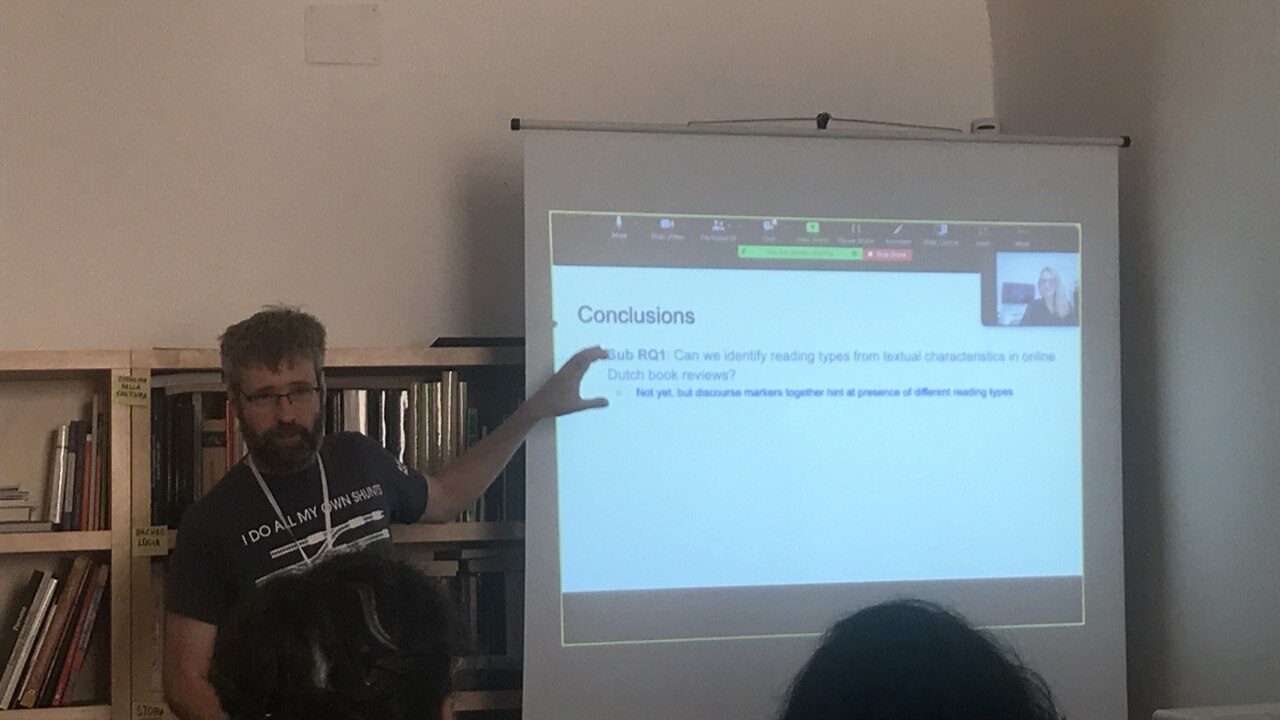
Koolen computationally analysed Fialho’s ideas using online book reviews as his primary material. The study aims to determine whether linguistic characteristics that define in-depth reading experiences in phenomenological studies can be applied to Dutch online book reviews. The findings indicate that reviews across different platforms share similarities in terms of sentiment, cognition, space, time, and motion. Furthermore, the characteristics of reviews change with their length, with shorter ones emphasising evaluation, while longer reviews delve into story elements and personal experiences, mirroring in-depth reading experiences. This research underscores the potential of online reviews for expanding the study of how books influence readers.
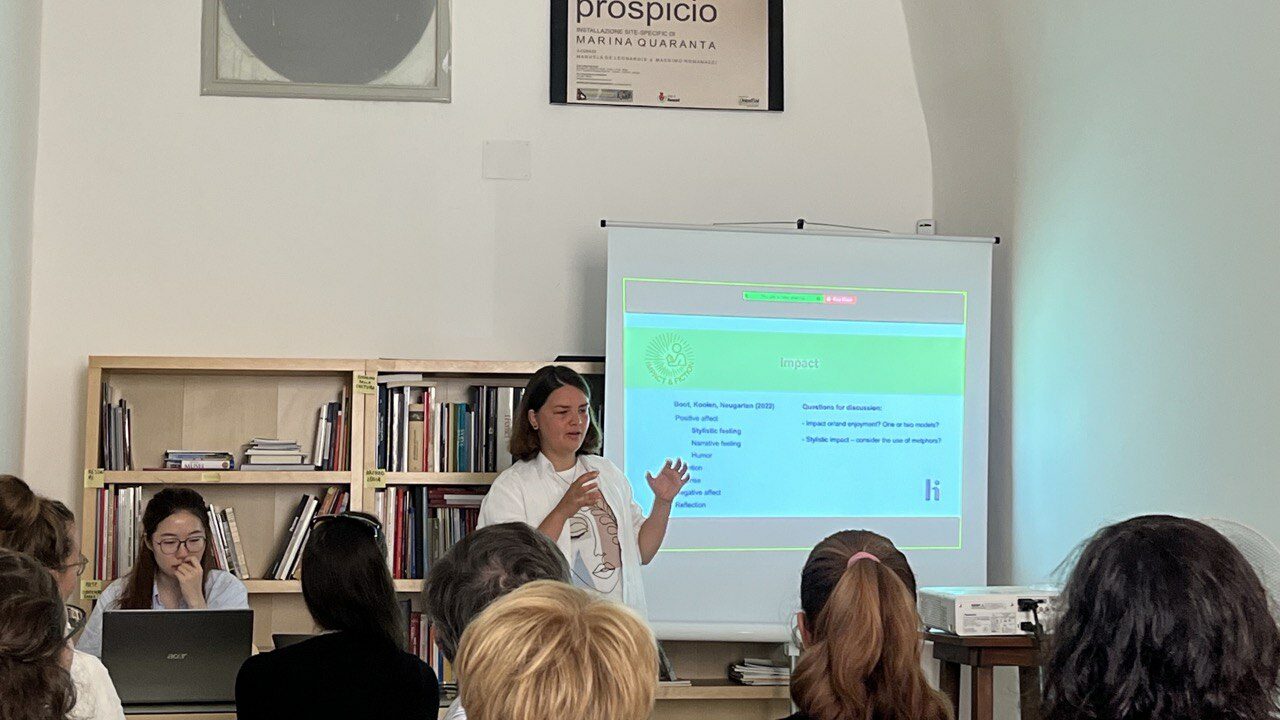
Tereshko also examined online book reviews but with a slightly different objective: to comprehend how readers respond to the style of books. While many reactions mention style in terms of difficulty, the proposed model includes categories such as time, region, textual features, authorial style, and references to other artistic forms, in addition to qualitative and quantitative evaluation. Furthermore, the reader’s response to style is primarily metaphorical in nature, offering opportunities for further research.
As part of the IGEL conference, the General Assembly provided a platform for everyone to voice their opinions and make important decisions. This included the election of a new president for the association, organising future conferences, and granting subsidies for students interested in attending these events. It was an inspiring opportunity to participate in this conference, not only because of the excellent results presented but also due to the captivating location and the historical richness of the city.
